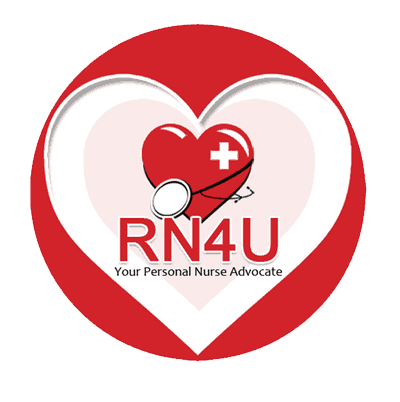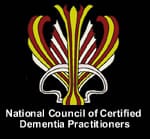5 Common Mistakes Health Care Professionals Make
Around 84.2% of adults in the United States have had some form of contact with a healthcare professional in the past year. The nature of those encounters varies, depending on what is being done, the severity of the issue, and the cause for the visit. Though health care professionals are very well trained, everyone makes mistakes, and these highly trained professionals are no different. Knowing what some common mistakes that these professionals make can help you stay alert and can help make hiring an aging life care manager that much easier.
1. Communication Errors
Doctors and other healthcare professionals are often stressed. They have tons of patients to see on any given day and they are used to speaking with other professionals that understand things like specific or complex medical terms. It may not come as second nature to switch to terminology that a patient may understand. Some healthcare professionals may neglect to speak clearly and concisely, they may not communicate ideas and information in terms that are accessible, and they may not give patients enough time to understand and ask appropriate questions.
2. Medication and Treatment Errors
It is common practice to identify the patient before any medication or treatment is administered. In some cases, however, nurses and other healthcare professionals might be hurried or may forget to do this simple step. This can result in administering the wrong medication, going through with a treatment that may not be appropriate, and even injury.
3. Charting Errors
Another common type of error has to do with the charts of patients. This kind of error can involve forgetting to chart a medication that was given, forgetting to chart a procedure, not entering the right dates, and more.
4. Error Leading to Infection
Mistakes that cause infection are a bit more serious and can lead to lasting effects that might make the patient ill in the future. These errors could be something as simple as not changing a bandage, to something more serious like the introduction of unclean instruments to the body.
5. Unnecessary Tests to Get a Diagnosis
Patients are often at the mercy of their medical staff, so they may think they need a specific test or treatment to find out what is wrong when it may not actually be necessary at all. Taking the time to ask questions and make sure you fully understand what is being done to and for you can make a big difference.
All of the issues discussed here can be avoided with the help of an aging life care manager. An aging life care manager is an individual that accompanies patients to doctor’s appointments or other treatments and advocates or helps them understand what is going on. Aging life care managers are great for patients that are older, those that might have language barriers, or those that have disabilities that make it hard for them to advocate for themselves. For more information about patient advocate services and aging life care managers, contact RN4U today.


 Previous Post
Previous Post Next Post
Next Post







Recent Comments